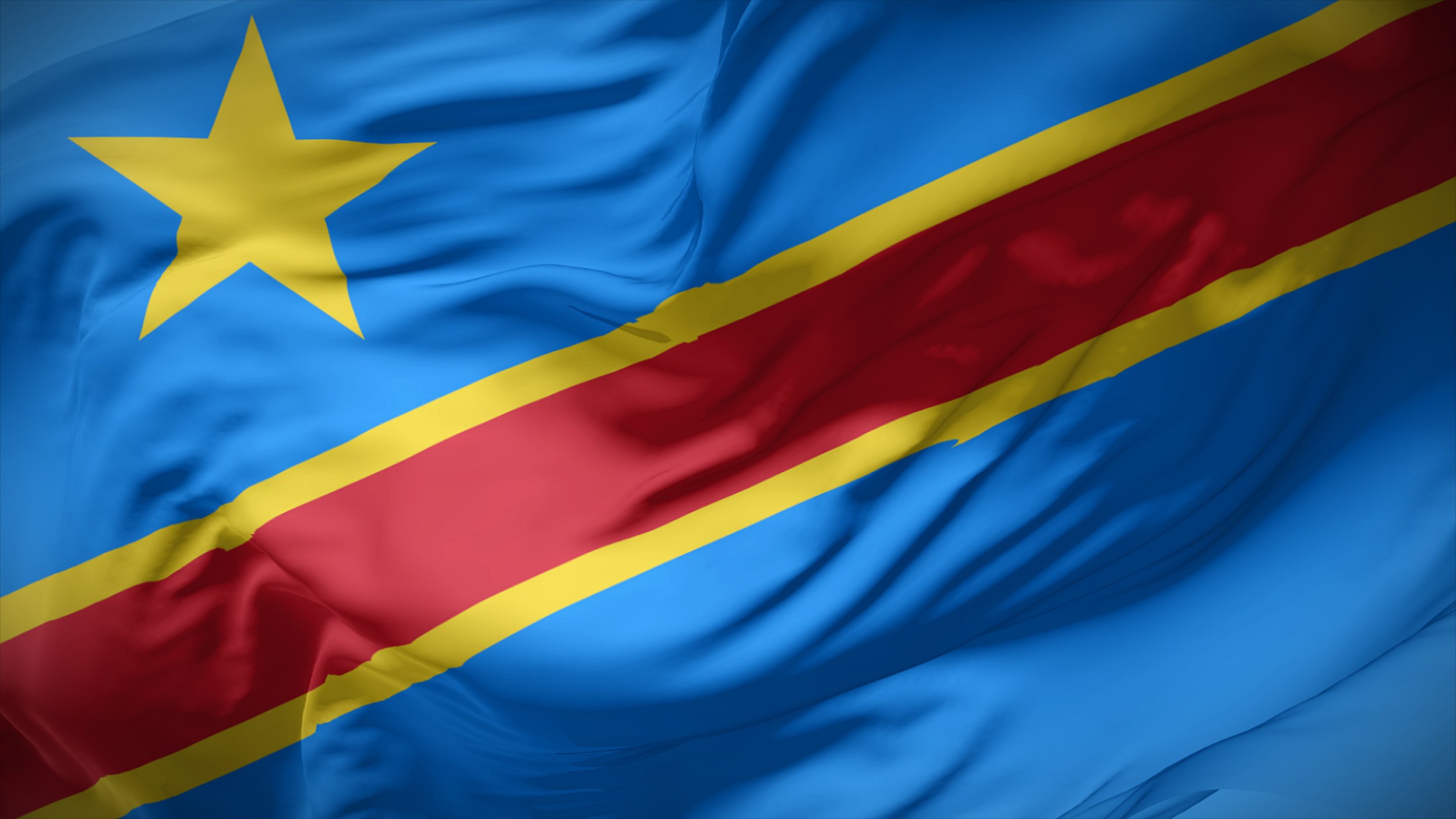
The Democratic Republic of Congo (DRC) SWOT Analysis
Agriculture
Strengths
Rich Arable Land: The DRC has vast, fertile lands suitable for diverse crops.
Diverse Climate: Supports a wide variety of agricultural products.
Water Resources: Ample supply from rivers and lakes for cultivation and livestock.
Weaknesses
Lack of Infrastructure: Poor rural infrastructure affects market and input access.
Limited Access to Finance: Challenges in securing credit for technology and inputs.
Land Ownership Issues: Unclear tenure systems lead to disputes and underutilization.
Opportunities
Export Potential: Strong international demand for tropical and organic products.
Agricultural Development Projects: Focus on enhancing productivity and sustainability.
Threats
Climate Change: Increased weather extremes affecting yields.
Political Instability: Conflicts and governance issues disrupt activities and security.
Mining
Strengths
Mineral Wealth: Leading reserves of cobalt, diamonds, gold, and copper.
Global Demand: Strong demand for minerals, especially cobalt in electronics and batteries.
Weaknesses
Infrastructure Deficiencies: Limited transport and energy infrastructure affect operations.
Regulatory Challenges: Mining law and taxation uncertainties deter investment.
Opportunities
Electric Vehicle Boom: Increased cobalt and lithium demand.
Investment in Infrastructure: Support for mining activities.
Threats
Commodity Price Volatility: Economy's dependence on exports affects stability.
Environmental Degradation: Mining risks to environment and communities.
Energy
Strengths
Hydropower Potential: Significant from the Congo River and tributaries.
Renewable Energy Resources: Solar and biomass development opportunities.
Weaknesses
Underdeveloped Infrastructure: Low electricity access, especially in rural areas.
Dependence on Biomass: Leads to deforestation and air pollution.
Opportunities
Investment in Renewables: International interest in renewable projects.
Regional Power Export Potential: Through hydropower development.
Threats
Funding Constraints: Securing funding for large-scale projects is challenging.
Climate Change Impacts: Water level changes can affect hydropower generation.
The agricultural sector, a cornerstone of the DRC's economy, represents both a strength and a challenge. The country's extensive arable land and favorable climatic conditions across various regions allow for the cultivation of a rich variety of crops. These conditions, coupled with abundant water resources from the Congo River and its tributaries, provide a solid foundation for agricultural activities. However, the sector is plagued by several critical weaknesses. The lack of developed rural infrastructure severely limits access to markets and agricultural inputs, hindering productivity and growth. Financial access remains a significant barrier for many farmers, restricting their ability to invest in technology and improve yields. Additionally, the DRC's complex and often unclear land tenure systems can result in disputes and underutilization of agricultural land, further stymying sector development.
Despite these challenges, the agriculture sector in the DRC is ripe with opportunities. The global market's growing appetite for tropical and organic products presents a lucrative avenue for export diversification. Furthermore, numerous international aid and development projects are targeting the DRC, aiming to enhance agricultural productivity and sustainability. These initiatives could serve as catalysts for transformative change, provided they navigate the threats posed by climate change and political instability, which could disrupt agricultural activities and threaten food security.
The mining sector, a global powerhouse in the production of cobalt, diamonds, gold, and copper, underscores the DRC's strategic importance in the world mineral market. This wealth represents a significant strength, bolstered by the surging demand for minerals essential for electronic and battery technologies. However, the sector is not without its weaknesses. The DRC's mining operations are often hindered by inadequate transportation and energy infrastructure, limiting their efficiency and growth. Regulatory uncertainties and concerns over governance also pose significant risks, potentially deterring foreign investment and affecting the sector's viability.
Opportunities within the mining sector are closely tied to global trends, notably the burgeoning electric vehicle market, which has increased demand for cobalt and lithium. The potential for increased infrastructure investment, both domestically and through international partnerships, could alleviate some of the sector's operational challenges. However, the threats of commodity price volatility and environmental degradation loom large, necessitating a careful balancing act to ensure the sector's sustainable and responsible development.
Turning to the energy sector, the DRC's vast hydropower potential stands out as a significant strength. The Congo River, one of the world's most powerful rivers, offers unparalleled opportunities for hydropower development, which could address the country's energy needs and even create surplus for export. Yet, the sector's development is hamstrung by underdeveloped infrastructure and a heavy reliance on biomass, leading to environmental and health concerns. Opportunities for growth lie in the burgeoning interest in renewable energy sources, including solar and biomass, which could complement hydropower and help diversify the country's energy mix. However, securing the necessary funding for large-scale projects and mitigating the impacts of climate change on water availability pose considerable challenges.
In conclusion, the DRC's agriculture, mining, and energy sectors are intertwined with the country's prospects for growth and development. Each sector presents a unique set of strengths, weaknesses, opportunities, and threats that must be navigated carefully. Leveraging the DRC's abundant natural resources while addressing infrastructural and regulatory challenges will be key to unlocking the country's economic potential. International partnerships and investment, along with a focus on sustainability and social responsibility, will play crucial roles in shaping the DRC's future. As the country stands at the crossroads of significant economic opportunities and complex challenges, the decisions made today will undoubtedly impact its trajectory for decades to come. This SWOT analysis serves as a roadmap for stakeholders at all levels to foster a more prosperous, sustainable, and equitable future for the DRC.

Design Your Partnership With Masco
Let’s Talk
